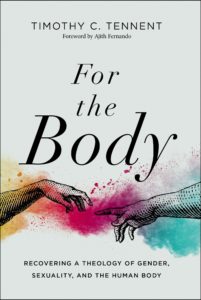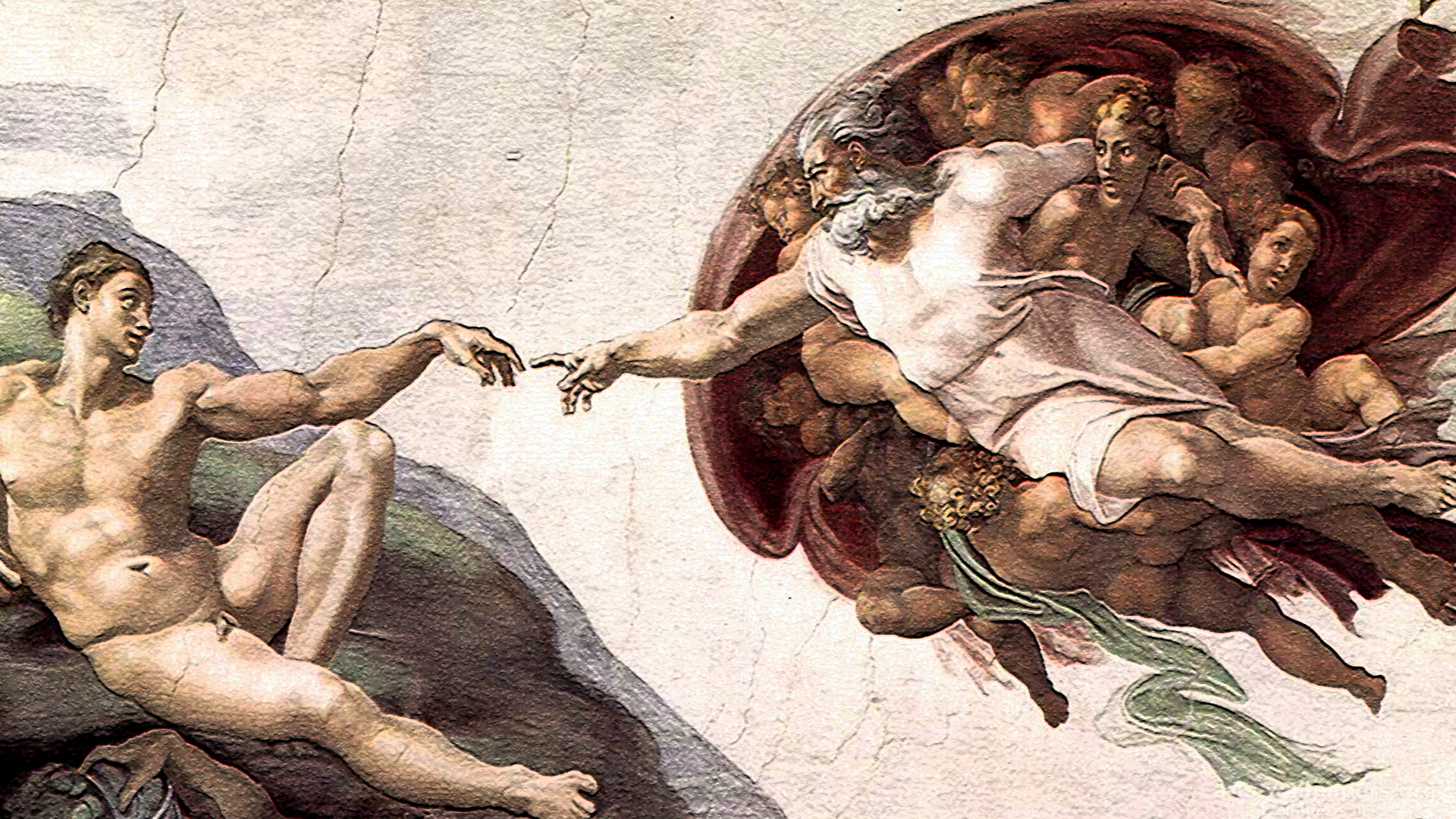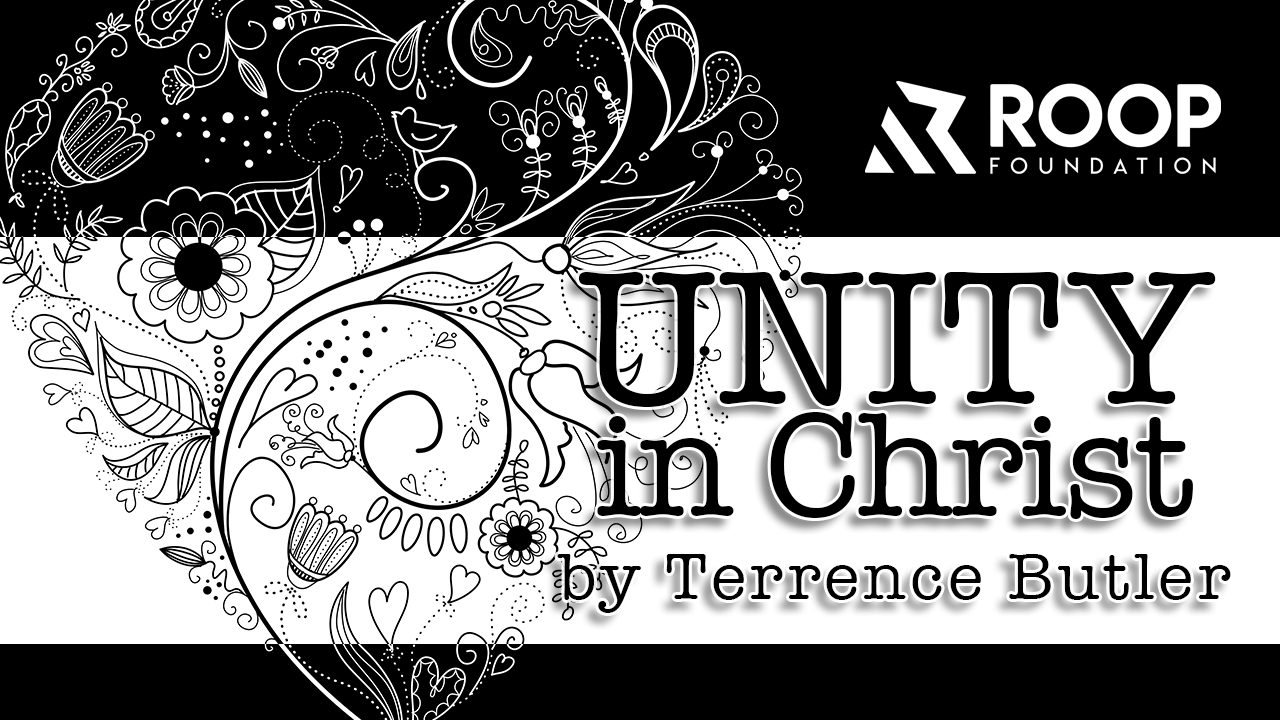
President, Asbury Theological Seminary
We love to hear stories and to create images. If you walk into an art gallery, you see painted or formed images that artists have created to communicate a story, shape our perceptions, or challenge our attitudes and assumptions. I’ll never forget the first time I walked into the Sistine Chapel in Rome and looked up at Michelangelo’s famous fresco of God creating Adam. It is an image that communicates the power and majesty of the creation account in Genesis. It is widely regarded as one of the most recognizable and iconic paintings in the world. That painting reminds us that our bodies are talking to us! In other words, our bodies are much more than just a sophisticated biological machine which can take in food and water and translate that into energy. Our bodies are actually designed by God to reflect holy mysteries.
The painting at the center of the Sistine Chapel pictures God at the moment in the story of creation when God imparted his divine image to us, creating us in his image. This means that we were created to actually know God and to reflect his divine life in the world. That is why our bodies do not just have biological meaning, they have spiritual meaning. Today, many people believe that the universe came to be through purely naturalistic causes. But, this view squeezes out so much of the fulness of what it means to be created and fashioned by God with a purpose and called to be reconciled to God and live with him forever. Indeed, Christians believe that God is the creator and that His creation is good, and therefore trustworthy. Our confidence that God created the world and that it is an expression of his goodness is fundamental to our faith. Hebrews 11:3 states, “by faith we understand that the universe was created by the word of God, so that which is seen was not made out of things that are visible” (Heb. 11:3).
When God created the world, he declared it to be good seven times before you ever complete the first chapter of Genesis! The number seven is the number for perfection in the Old Testament. When he created our bodies, he declared them “very good” (Gen. 1:31). Our bodies are, therefore, sacred and every person in the world is created in the very image of God!
The early church battled a false teaching known as Gnosticism (a word meaning, ‘people with special knowledge’) which believed that the material world including the body was untrustworthy or evil, and the “real” you is somehow trapped inside. This false idea has resurfaced in our own days teaching us that our bodies are not trustworthy. However, the Scriptures reveal to us that God created and fashioned our bodies in his image and declared us very good.
Another reason our bodies are considered sacred by God is that at the dawn of creation God was already preparing the human race for the day when he would send his only Son into the world to rescue us from our sins. It is that great mystery of “God in the flesh” that we call the incarnation. God designed our bodies to be the perfect receptacles for his greatest revelation, the incarnation, knowing that someday Jesus would enter the world in a human body. The book of Hebrews places Psalm 40:6 (LXX) onto the lips of Jesus when he declared, “a body you have prepared for me” (Heb. 10:5). Therefore, our very bodies point to the mystery of the incarnation. Only Jesus Christ is the fullness of “God in the flesh.” But, our bodies are meant to reflect that truth in the world since we are “God’s image in the flesh.” We are created to be like mirrors, reflecting the very image of God!
Not only do our bodies point to Jesus, but God continues to use our bodies to communicate his grace to us. If we become Christians, our bodies are baptized. We take Communion with our mouths. We hear sermons with our ears. We read Scriptures with our eyes. We serve the needy with our hands and feet. In other words, our entire bodies are used by God to communicate his revelation and his grace to us.

Being a person created in the image of God is not just some top shelf doctrine of the church with no implications for our lives. On the contrary, it is very important for every single part of our lives. Think about it, so much of our lives are made up of daily routines like washing dishes, folding clothes, vacuuming floors, preparing meals, taking out the trash, weeding the garden, mowing grass, putting gas in the car, or changing diapers. However, for the Christian, these tasks are not mundane, but are the very means by which we can discover God’s presence in our daily lives. When we do these tasks, we are saying to our parents, our friends, our spouses, and even to God, “this is my body, given for you.” These words, reflecting the sacred words of Jesus in his institution of the Lord’s Supper, should be reflected in the whole of our lives as our bodies become small reflections of his great sacrifice. The so-called “menial” tasks become filled with sacred meaning for us. This is why Paul says that our greatest spiritual worship is to “offer our bodies as living sacrifices” (Rom. 12:1). We are actually designed to serve others and, through that service, reflect his great sacrifice of himself for us.
This brief article has highlighted lofty things like God creating the world and sending his Son into it, as well as everyday things like changing diapers or mowing the grass. But, the point is to demonstrate that our bodies are sacred to God and it should make a difference in every part of our lives. Our bodies are speaking to us, and they are telling us a story. So, when you think about great stories, remember the wonderful story of our creation and how God, from the beginning, weaved our stories in with the greatest story of all time; namely, that of Jesus Christ coming bodily into our world to walk among us, bring meaning to every part of our lives, and, ultimately to rescue us from sin so that we could be in fellowship with him forever (1 Timothy 1:15)!
by Dr. Timothy Tennent (President, Asbury Theological Seminary)

Selections taken from, Timothy C. Tennent, For the Body (Zondervan, 2020).











